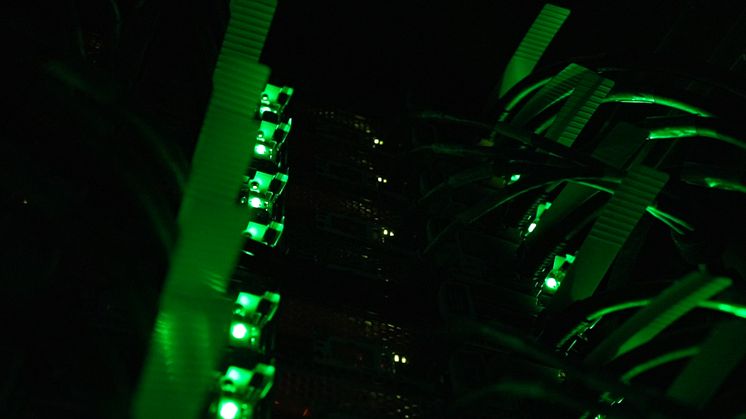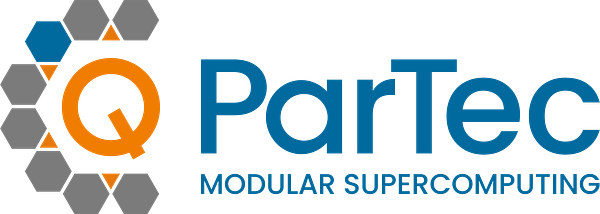
Blog post -
Glossary: Quantum Computing
Quantum Computing (QC): Uses the principles of quantum mechanics (e.g., superposition, entanglement, and interference) for computation and uses quantum bits (Qubits) instead of classical bits.
Qubit: A Qubit is the smallest computational and information unit of a quantum computer and can assume the states 0 and 1 simultaneously. Only when measured does it commit to a specific state. Quantum computers achieve great computing power with just a few qubits. With each Qubit, the computing power doubles (ideal model).
Superposition: A qubit can be kept in a state of superposition, which is a combination of all possible configurations of the qubit. Groups of qubits in a superposition can create complex, multi-dimensional computational spaces.
Entanglement: Entanglement is a quantum mechanical effect. When two qubits are entangled, changes to one qubit directly affect the other qubit. Quantum algorithms use these relationships to find solutions to complex problems.
Quantum volume: Measure of quality and performance (stability of qubits, controllability, robustness, computational errors) for each individual quantum computer (introduced by IBM).
Quantum superiority: Proof that quantum computers can solve certain problems faster than classical supercomputers. Has only been demonstrated for very specific tasks (e.g., by Google in 2019).

